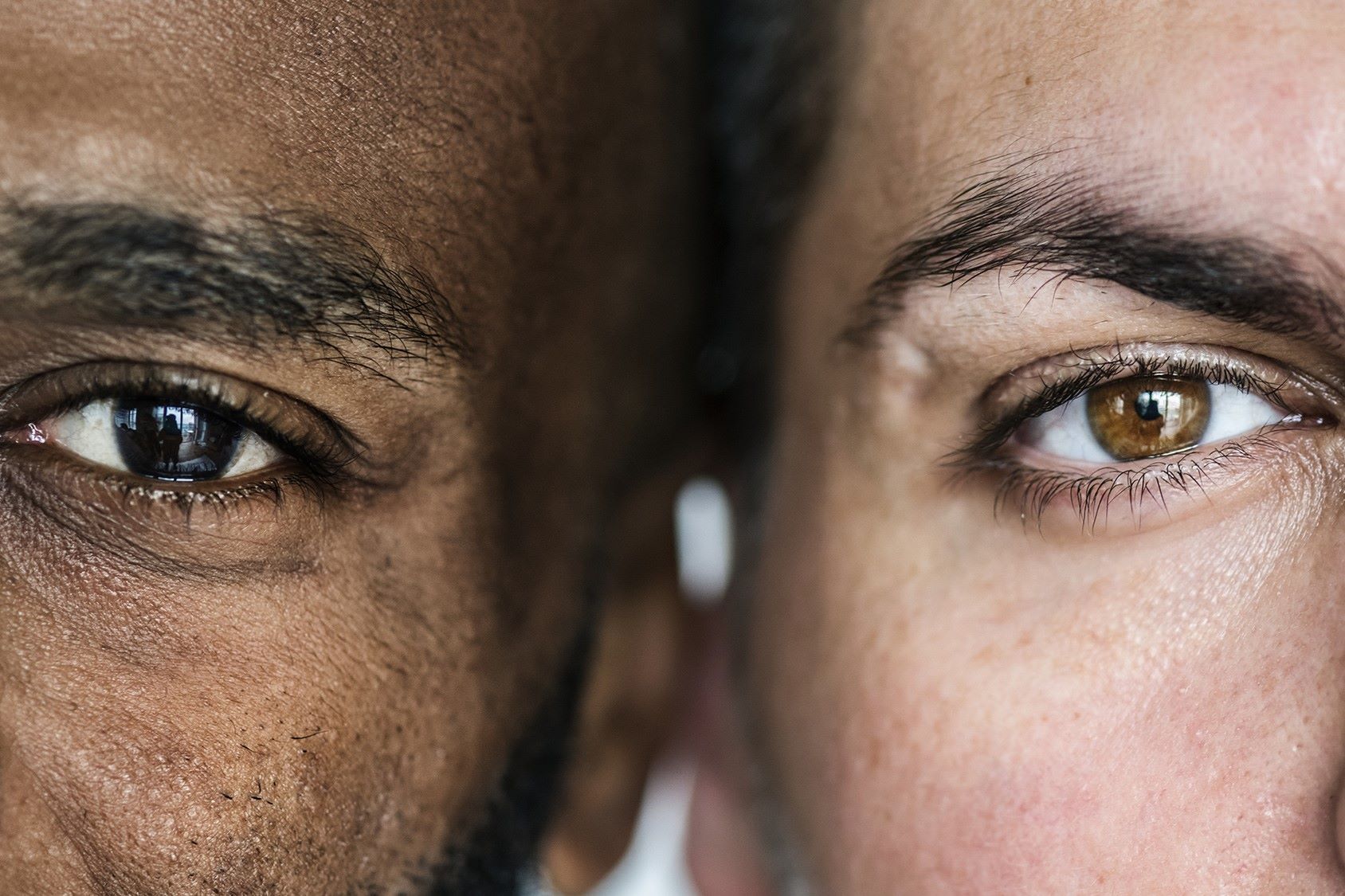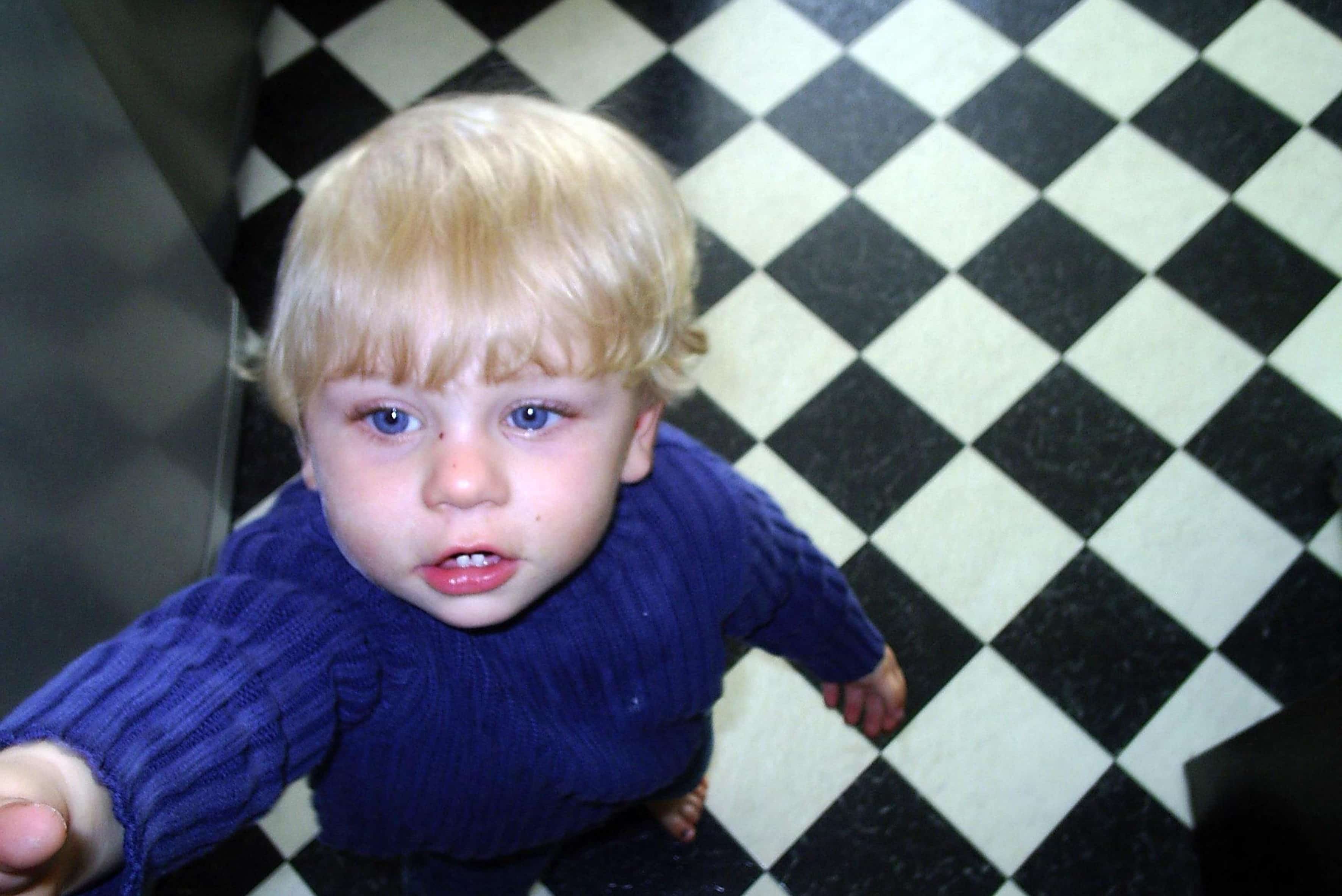
Ardalan–Shoja–Kiuru Syndrome is a rare genetic disorder that affects multiple systems in the body. Named after the researchers who first described it, this syndrome is characterized by a combination of unique symptoms. Symptoms can include developmental delays, distinctive facial features, and various skeletal abnormalities. Genetic mutations are the primary cause, often inherited in an autosomal recessive pattern. Diagnosis typically involves genetic testing and a thorough clinical evaluation. Management focuses on treating specific symptoms and improving quality of life. Awareness of this condition is crucial for early intervention and support. Understanding the complexities of Ardalan–Shoja–Kiuru Syndrome can help affected individuals and their families navigate the challenges they face.
Key Takeaways:
- Ardalan–Shoja–Kiuru Syndrome (ASKS) is a rare genetic disorder that affects multiple systems in the body, leading to diverse symptoms. Understanding its symptoms and management options is crucial for those affected and their families.
- While there is no cure for ASKS, treatments such as medications, therapy, and ongoing medical care can help manage symptoms and improve the quality of life for those affected. Research and support for families are also ongoing to provide better care and resources.
What is Ardalan–Shoja–Kiuru Syndrome?
Ardalan–Shoja–Kiuru Syndrome (ASKS) is a rare genetic disorder. It affects multiple systems in the body, leading to a variety of symptoms. Understanding this condition can help those affected and their families manage it better.
-
ASKS is a genetic disorder. It is inherited, meaning it is passed down from parents to their children through genes.
-
The syndrome affects multiple systems. This includes the nervous system, skin, and sometimes other organs.
-
Symptoms vary widely. Some people may have mild symptoms, while others experience severe complications.
Symptoms of Ardalan–Shoja–Kiuru Syndrome
The symptoms of ASKS can be diverse and affect different parts of the body. Here are some of the common symptoms associated with this syndrome.
-
Neurological symptoms are common. These can include seizures, developmental delays, and intellectual disabilities.
-
Skin abnormalities are often present. These can include unusual skin pigmentation and other dermatological issues.
-
Some patients experience muscle weakness. This can affect mobility and overall physical strength.
Diagnosis of Ardalan–Shoja–Kiuru Syndrome
Diagnosing ASKS can be challenging due to its rarity and the variability of symptoms. However, there are certain methods that doctors use to identify this condition.
-
Genetic testing is crucial. It helps confirm the presence of the genetic mutations associated with ASKS.
-
Clinical evaluation is important. Doctors assess the patient's symptoms and medical history to aid in diagnosis.
-
Imaging studies may be used. These can help identify any abnormalities in the brain or other organs.
Treatment Options for Ardalan–Shoja–Kiuru Syndrome
While there is no cure for ASKS, various treatments can help manage the symptoms and improve the quality of life for those affected.
-
Medications can help control seizures. Anti-epileptic drugs are often prescribed to manage neurological symptoms.
-
Physical therapy is beneficial. It can help improve muscle strength and mobility.
-
Speech therapy may be needed. This can assist with communication difficulties that some patients experience.
Living with Ardalan–Shoja–Kiuru Syndrome
Living with ASKS requires ongoing medical care and support. Here are some ways to manage the condition effectively.
-
Regular medical check-ups are essential. Continuous monitoring helps manage symptoms and prevent complications.
-
Support groups can be helpful. Connecting with others who have ASKS can provide emotional support and practical advice.
-
Educational support is important. Children with ASKS may need special education services to help them succeed in school.
Research and Future Directions
Research on ASKS is ongoing, with scientists working to better understand the condition and develop new treatments.
-
Genetic research is expanding. Scientists are studying the specific genetic mutations that cause ASKS to find potential treatments.
-
Clinical trials are being conducted. These trials test new therapies and medications that might benefit patients with ASKS.
-
Awareness is increasing. More healthcare professionals are becoming aware of ASKS, leading to earlier diagnosis and better management.
Support for Families
Families of those with ASKS also need support and resources to help them care for their loved ones.
-
Counseling services can be beneficial. Professional counseling can help families cope with the emotional challenges of ASKS.
-
Educational resources are available. Many organizations provide information and resources to help families understand and manage ASKS.
Final Thoughts on Ardalan–Shoja–Kiuru Syndrome
Ardalan–Shoja–Kiuru Syndrome, a rare genetic disorder, affects multiple body systems. Understanding its symptoms, causes, and treatments can help those diagnosed and their families manage the condition better. Symptoms often include kidney issues, hearing loss, and skin abnormalities. Genetic mutations, particularly in the COL4A3 gene, play a significant role in its development.
Early diagnosis and intervention are crucial for improving quality of life. Regular check-ups, genetic counseling, and supportive therapies can make a big difference. While there's no cure yet, ongoing research offers hope for future treatments.
Staying informed and connected with medical professionals and support groups can provide valuable resources and emotional support. Knowledge empowers individuals to navigate the challenges of Ardalan–Shoja–Kiuru Syndrome more effectively. By spreading awareness, we can foster a more understanding and supportive community for those affected by this condition.
Frequently Asked Questions
Was this page helpful?
Our commitment to delivering trustworthy and engaging content is at the heart of what we do. Each fact on our site is contributed by real users like you, bringing a wealth of diverse insights and information. To ensure the highest standards of accuracy and reliability, our dedicated editors meticulously review each submission. This process guarantees that the facts we share are not only fascinating but also credible. Trust in our commitment to quality and authenticity as you explore and learn with us.


